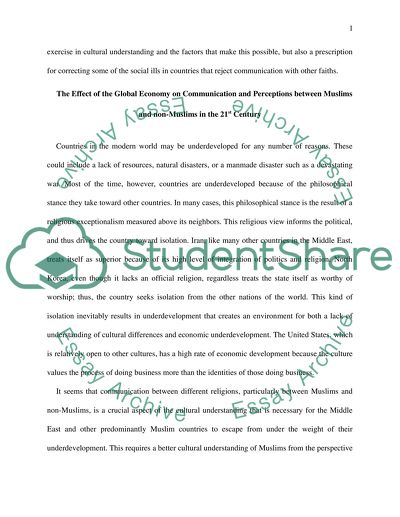Cite this document
(“ISLAM IN TODAY'S WORLD Research Paper Example | Topics and Well Written Essays - 2000 words”, n.d.)
Retrieved from https://studentshare.org/family-consumer-science/1410758-islam-in-today-s-world
Retrieved from https://studentshare.org/family-consumer-science/1410758-islam-in-today-s-world
(ISLAM IN TODAY'S WORLD Research Paper Example | Topics and Well Written Essays - 2000 Words)
https://studentshare.org/family-consumer-science/1410758-islam-in-today-s-world.
https://studentshare.org/family-consumer-science/1410758-islam-in-today-s-world.
“ISLAM IN TODAY'S WORLD Research Paper Example | Topics and Well Written Essays - 2000 Words”, n.d. https://studentshare.org/family-consumer-science/1410758-islam-in-today-s-world.


